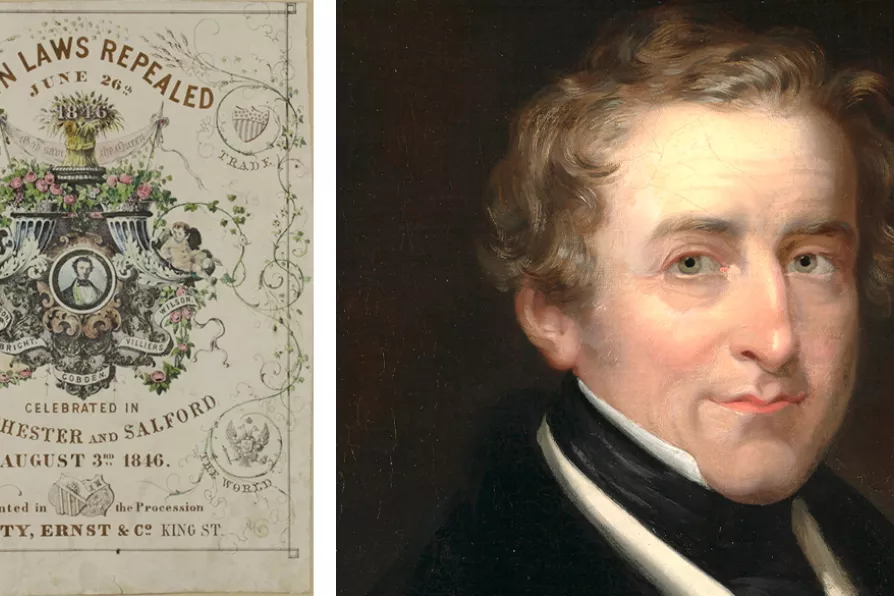Labour prospects in May elections may be irrevocably damaged by Birmingham Council’s costly refusal to settle the year-long dispute, warns STEVE WRIGHT
Does the left benefit from crises in the ruling class?
From the corn laws to the Irish question, from universal suffrage to Brexit, huge splits inevitably emerge in the Establishment — but these don’t automatically benefit the masses, explains KEITH FLETT

 PM Robert Peel (1788–1850) and a poster celebrating the repeal of the hated corn laws
PM Robert Peel (1788–1850) and a poster celebrating the repeal of the hated corn laws
THE British ruling class is in a period of crisis which dates back at least to the June 2016 Brexit vote.
Some sections of capital want Britain to lead a race to the bottom in terms of the exploitation of workers, outside of the EU.
Other sections would prefer to be part of an EU, if not a global market, where the framework of profit and exploitation is regulated to prevent advantage to any specific area of business.
Similar stories

KEITH FLETT traces how the ‘world’s most successful political party’ has imploded since Thatcher’s fall, from nine leaders in 30 years to losing all 16 English councils, with Reform UK symbolically capturing Peel’s birthplace, Tamworth — but the beast is not dead yet

Starmer’s slash-and-burn approach to disability benefits represents a fundamental break with Labour’s founding mission to challenge the idle rich rather than punish the vulnerable poor, argues KEITH FLETT

The formation of the Labour Representation Committee in 1900 marked the beginning of interconnected and contested strategies — parliamentary and industrial — seeking ways to advance working-class interests, writes KEITH FLETT

The legacy of an 1820 conspiracy in revenge for Peterloo resonates down the ages, argues KEITH FLETT










